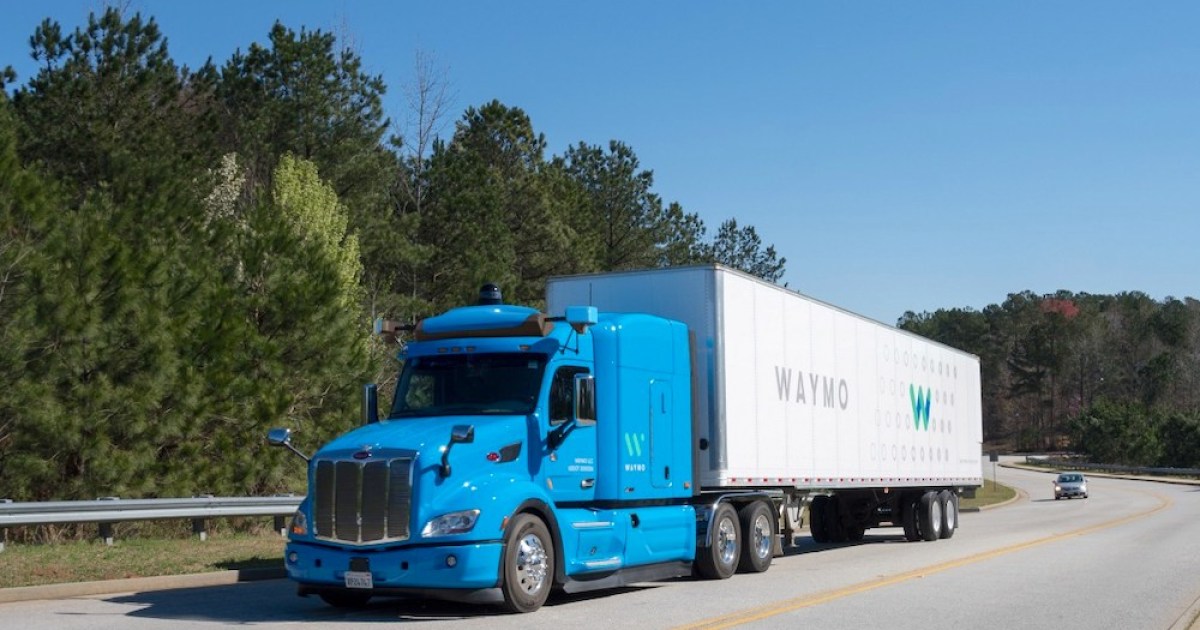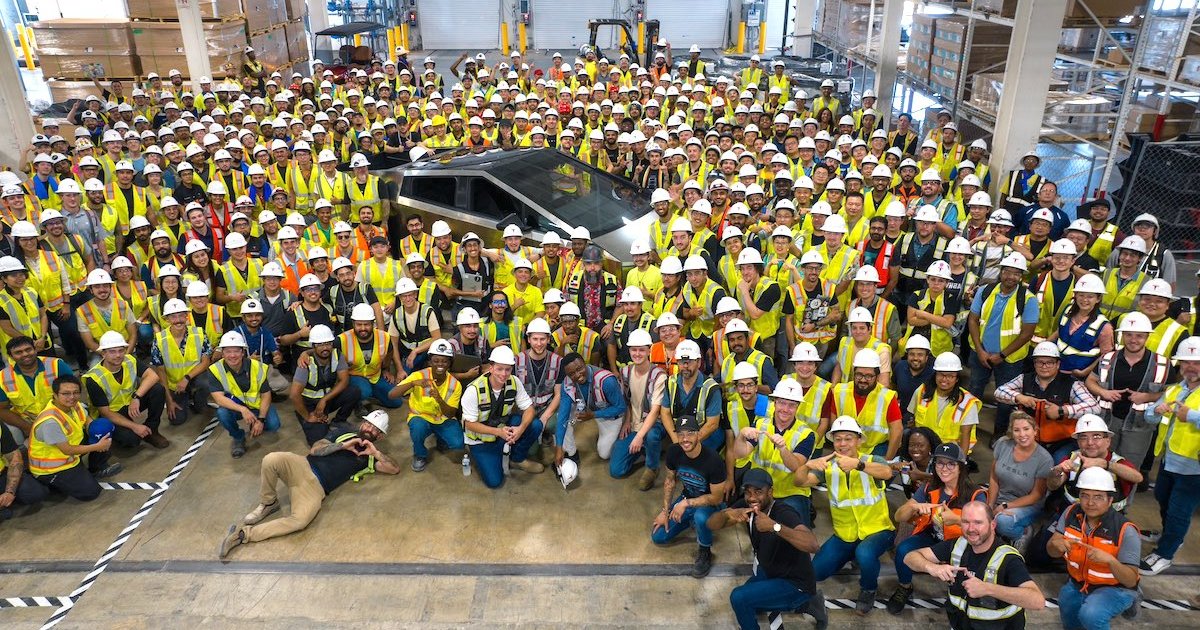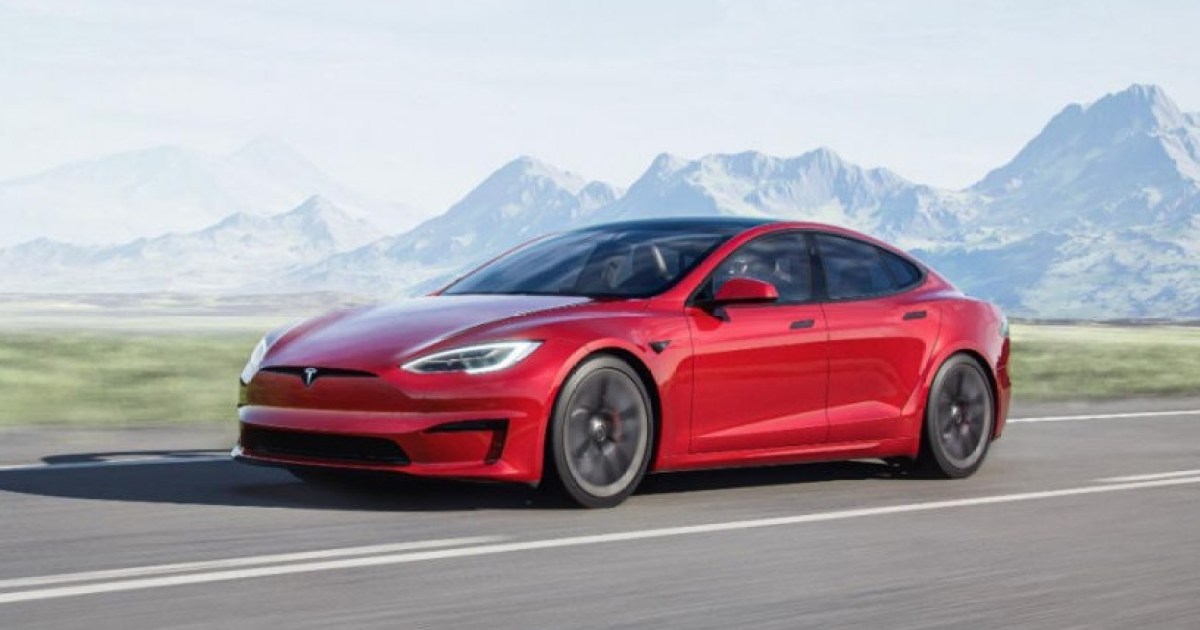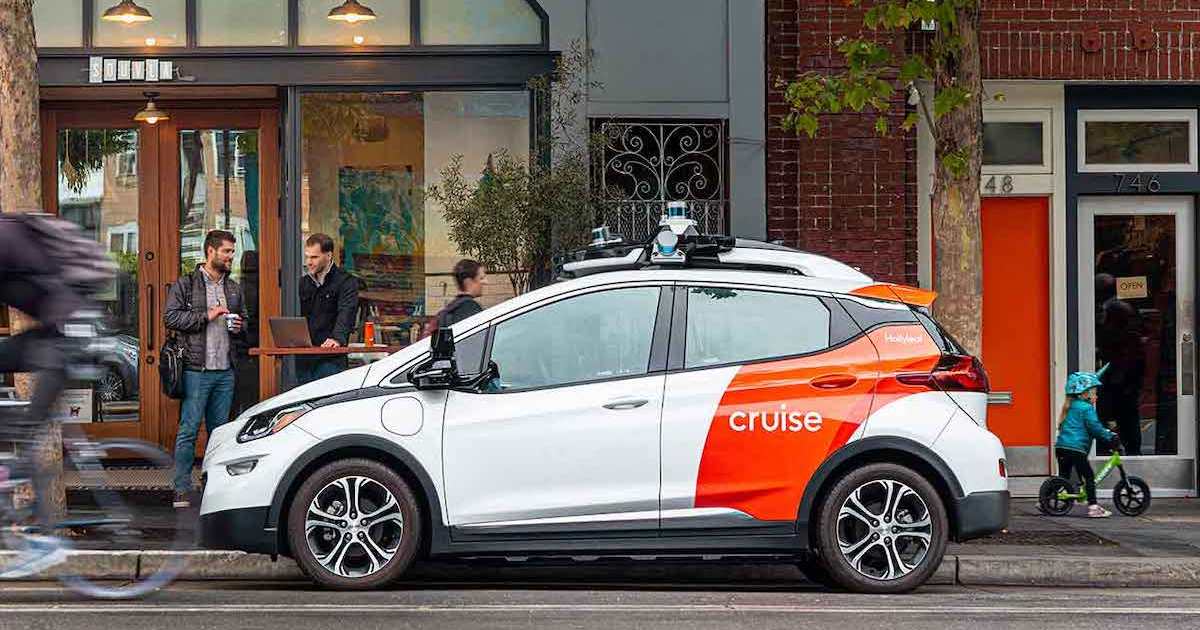Waymo, the Alphabet-owned autonomous driving technology company, has announced a strategic shift in focus from autonomous trucking to its ride-hailing service, Waymo One. This decision comes six years after the launch of their self-driving truck program. While Waymo acknowledges the potential of autonomous trucking, the company cites “tremendous momentum and substantial commercial opportunity” in the ride-hailing sector as the primary driver for this change.
Prioritizing Ride-Hailing: Waymo One Takes Center Stage
Waymo’s pilot ride-hailing service, launched in Arizona in 2018 and subsequently expanded to other states, allows customers to hail driverless cars through an app, similar to services like Uber. This direct-to-consumer model has provided valuable insights and demonstrated significant market potential, leading Waymo to prioritize its growth. The company’s co-CEOs, Tekedra Mawakana and Dmitri Dolgov, explained in a blog post that this focus on ride-hailing will “push back the timeline on our commercial and operational efforts on trucking, as well as most of our technical development on that business unit.”
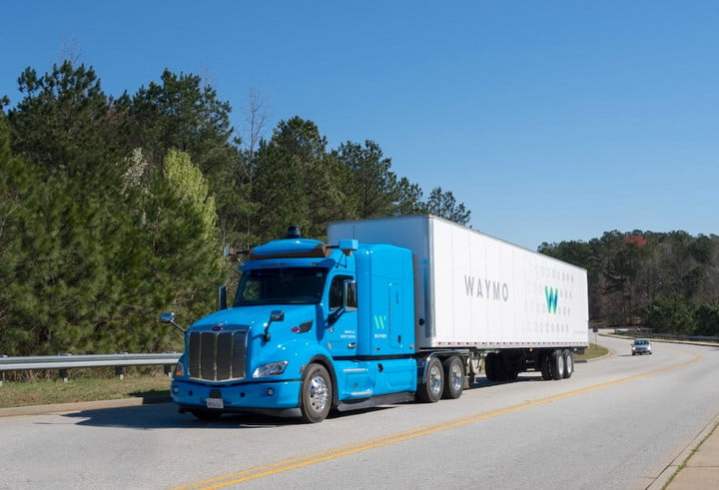 Waymo autonomous truck
Waymo autonomous truck
Continued Collaboration with Daimler Truck North America
Despite the shift in focus, Waymo will maintain its partnership with Daimler Truck North America to further develop the autonomous truck platform. This collaboration, initiated in 2020, aims to leverage the technical expertise of both companies. Waymo will continue refining its Waymo Driver, the autonomous software and hardware system used in their vehicles, with improvements implemented across both ride-hailing and the scaled-back trucking efforts.
The Future of Autonomous Trucking and Waymo’s Ride-Hailing Ambitions
Waymo’s decision comes as the company sees greater immediate potential in the ride-hailing market. While acknowledging the “significant future commercial opportunity” for autonomous trucking, Waymo believes that “laser-focusing on ride-hailing” is the most effective strategy for the present. This focus allows them to concentrate resources on expanding Waymo One and addressing the regulatory challenges associated with autonomous vehicles on public roads. Despite Waymo’s strategic shift, other companies, including Volvo, TuSimple, and Mitsui, continue to actively develop autonomous trucking technology.
From Arizona to a Wider Market: The Path of Waymo One
Waymo initially tested its autonomous Class 8 trucks in Arizona in 2017, followed by trials in Atlanta, Georgia, in 2018. While Waymo aims to achieve widespread commercial deployment of its ride-hailing service, regulatory approvals and public acceptance of driverless technology remain crucial hurdles. Demonstrating the safety and reliability of autonomous vehicles in diverse real-world scenarios is essential for gaining the trust of both regulators and the public.
Conclusion: A Strategic Pivot in the Autonomous Vehicle Landscape
Waymo’s decision to prioritize ride-hailing represents a significant shift in the autonomous vehicle landscape. While the company acknowledges the long-term potential of autonomous trucking, its current focus is on capitalizing on the growing demand for ride-hailing services. This strategic pivot allows Waymo to concentrate resources on expanding Waymo One and navigating the regulatory landscape, while continuing its technical collaboration with Daimler Truck North America. The future of autonomous trucking remains promising, with other companies continuing to invest in its development. Waymo’s decision highlights the dynamic nature of the autonomous vehicle industry and the evolving strategies of key players in this rapidly developing field.



